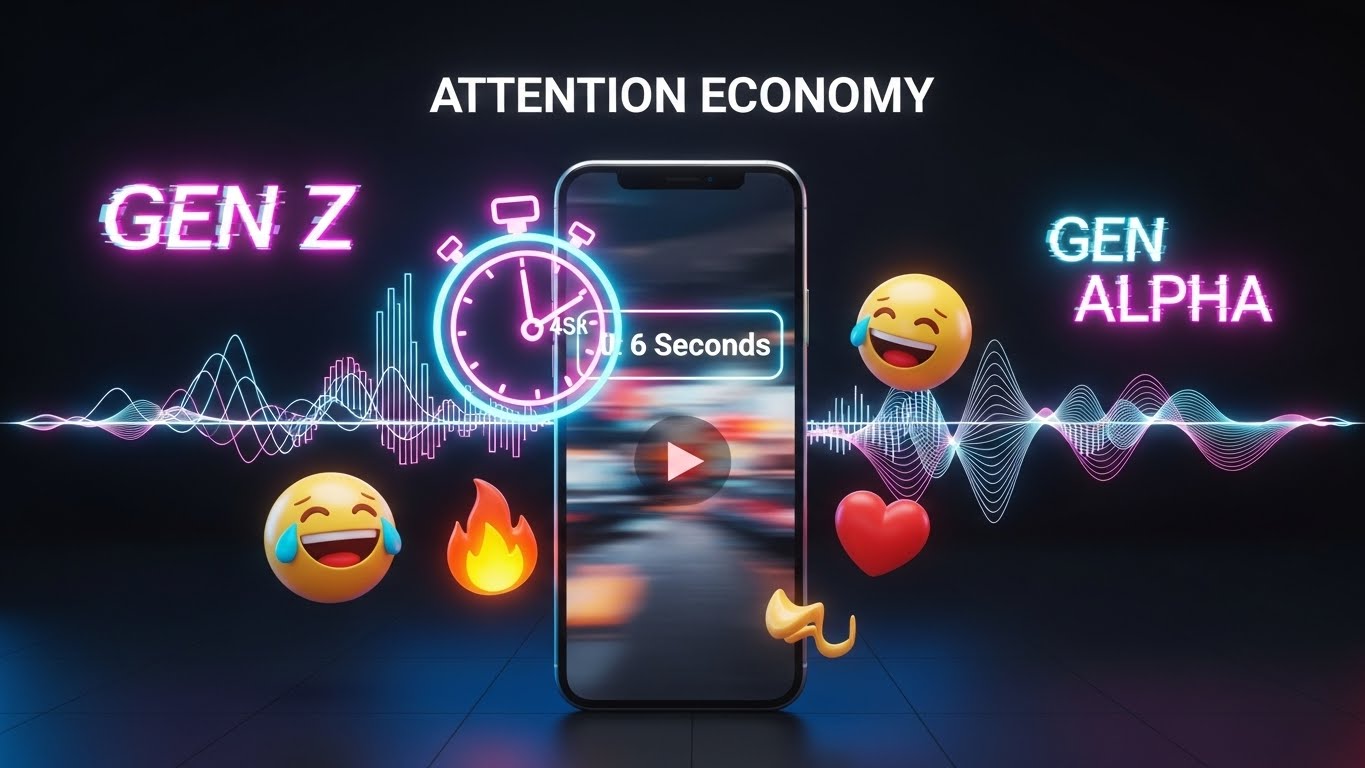By Felicia Nwosu
Across the world, the conflict between traditionalist or conservative values, social democracy, progressive or social liberal values in the Western world, such as gender politics, sexual morality, religious extremism, ethnic-baiting and several other factors have become major cultural battlefields in recent times for several brands.
Various leading brands have, in one way or the other, faced the challenge of battling culture wars. Over time, they have realized the implication of such negative tags and the cost of managing the crisis that comes with it.
It is against this premise that lots of brands have been urged to embrace purpose-driven strategies as an effective ways to avoid falling victim to culture wars.
It would be recalled that Bud Light, owned by Anheuser-Busch had to fight tooth and nail to manage its controversy over its partnership with transgender influencer Dylan Mulvaney, which was followed by a 23% sales drop.
According to The Drum report, culture war has continued to heat up in the UK after Costa Coffee came under fire for using a bare-chested illustration of a trans-man on a delivery van.
It was reported that some parties are now calling for a Costa boycott, expressing their anger in direct proportion to the Pride community’s support.
In Nigeria as well, in reaction to an Easter day advert by Peak Milk, a leading dairy brand from the stable of FrieslandCampina WAMCO, was seen as a disregard for religious sensitivity by the Christian Association of Nigeria (CAN). Their public displeasure alongside some consumers almost led to a boycott for the brand. Peak Milk handlers quickly corrected it with an unreserved apology after several backlash.
Also, In 2022, Sterling Bank, in its ad copy which read, “Like Agege Bread, He Rose. Happy Easter”, faced the same backlash as it was seen as a derogatory remark on the Christian faith and insensitive to the Lord Jesus Christ that the people hold sacred.
In treading carefully, companies must realize that a brand is the portal and window through which a customer views its story. To be truly culturally relevant, brand custodians must rethink their entire approach to culture, the consumer and commerce. They must realign their brand to discover its special role and place in the world.
Israel Opayemi, Managing Director/Chief Strategist, Chain Reactions Africa, mentioned the need for brands and governments to tilt their messages and policies to connect with consumers to a deeper degree, as well as foster inclusion.
Emphasising the need to track trends and culture, the dogged PR consultant said no matter how intelligent the people are, unless they understand the emerging trends and cultures within their own jurisdiction, then their policies are bound to fail. He pointed out that some of the campaigns that resonate most with the target audience are campaigns that speak to them in their own language. According to him, it is only when the government and businesses understand the trends that are emerging in society that they will be able to plan policies that are in line with these trends.
“We are studying the trends and we’re telling brands as well as the government to study these things because once you study these trends you can never go wrong. This is how the youth are now thinking and for as long as you can understand how they think, then you will probably be able to know the type of shirts they would love to wear and produce them. That’s the same thing we’re saying to the government. Unless you have people who are helping you interpret culture, people who are helping you interpret trends, then it might be very difficult,” Opayemi advised.
In a similar vein, Olukayode Oluwasona, the Chief Executive Officer of 1201 Brandsway Limited, a Multi-Channel Marketing Communications company, cautioned that to stay clear from culture controversies, brand owners need to take heed on when to draw the line in their marketing communication.
He harped on the need to understand the peculiarities and innuendos of different classes of the target audience by carrying out research. He enjoined professionals to always think of the sensitivity of the consumers with attention to their backgrounds in terms of religion and culture as this could trigger the ire of consumers.
Godfrey Adejumoh, a seasoned Public Relations practitioner and Head, Corporate Affairs and Sustainable Business, Unilever Nigeria, while taking a look at the efficacy of purpose to brands, opined that companies that see purpose above their brands with decisive actions that align with consumer’s belief connect better and enjoy loyalty with sustainable competitive edge.
In his submission, he averred that brands must embark on a mission that transcends the surface-level service or product they provide.
He maintained that purposeful branding is vital in unlocking new opportunities, building meaningful connections, and expanding a brand’s potential while acting as a bottom-up approach where the brand is shaped according to the cultural context of its target audience.






Comment
No comments found.